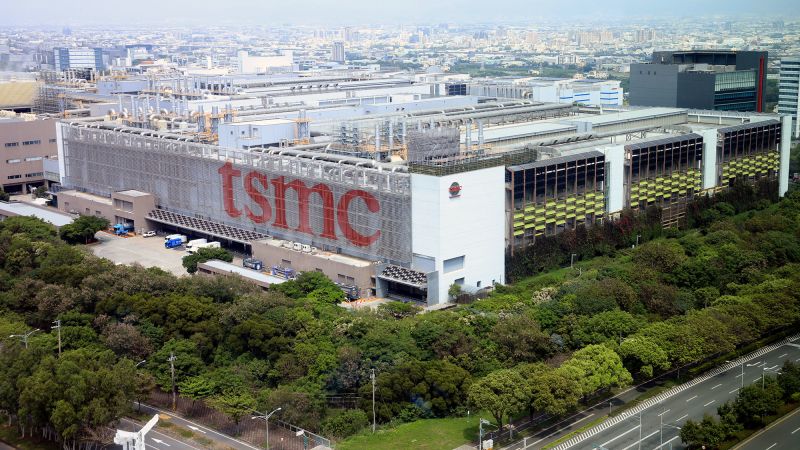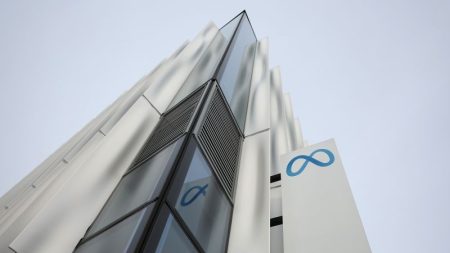TSMC, the world’s largest chipmaker, has had to change its training methods in response to a global chip shortage and geopolitical tension. The company established the Newcomer Training Center in Taichung, Taiwan to expedite the training of thousands of new recruits. The intensive program aims to equip engineers with the skills needed to meet the demands of customers like Apple, Nvidia, and AMD, as well as US President Joe Biden’s goal of boosting US manufacturing in Arizona. The center’s focus on efficiency reflects TSMC’s commitment to providing a solid foundation for its new employees.
The training center is designed to simulate the operations of a fabrication plant, where chips are manufactured. Engineers undergo an eight-week program that prepares them for roles in TSMC’s facilities in Taiwan and abroad. The company aims to gradually reduce the number of foreign employees assigned to new fabs and increase the hiring of local talent. This approach aligns with TSMC’s global expansion strategy, which includes building new facilities in the United States, Japan, and Germany to meet the growing demand for advanced semiconductor chips.
The semiconductor industry is facing a talent shortage as the demand for chips continues to rise, particularly those used in AI applications. TSMC has acknowledged the challenge of finding qualified workers and has committed to expanding its talent pool globally as it aims to increase its workforce from 77,000 to 100,000 employees. The company’s expansion into new markets has highlighted the need to adapt to different work cultures, especially in Western countries where practices may differ from those in Taiwan. TSMC is working to adjust its management approach to be more inclusive and efficient across diverse teams.
The demanding nature of work in the semiconductor industry, including long hours and on-call responsibilities, presents challenges for employees from various cultural backgrounds. While engineers in Taiwan are accustomed to these conditions, workers from other countries may struggle to adapt to the expectations of the industry. TSMC is navigating these differences as it expands globally, recognizing the need to adjust its management practices based on local customs and norms. The company is focused on maintaining its leadership in cutting-edge technology from Taiwan while leveraging its global presence to enhance its operations and learn from diverse perspectives.
As TSMC diversifies its production beyond Taiwan, concerns have been raised about the impact on the island’s status as a semiconductor powerhouse. However, company executives are confident that Taiwan will remain a vital hub for semiconductor innovation, with the majority of leading-edge technologies originating there. The expansion into new markets is seen as an opportunity for TSMC to gain exposure and operate on a global scale while continuing to leverage its core strengths in Taiwan. By adapting to local practices and cultures, the company aims to maintain its position as a key player in the semiconductor industry while embracing the benefits of a global footprint.














